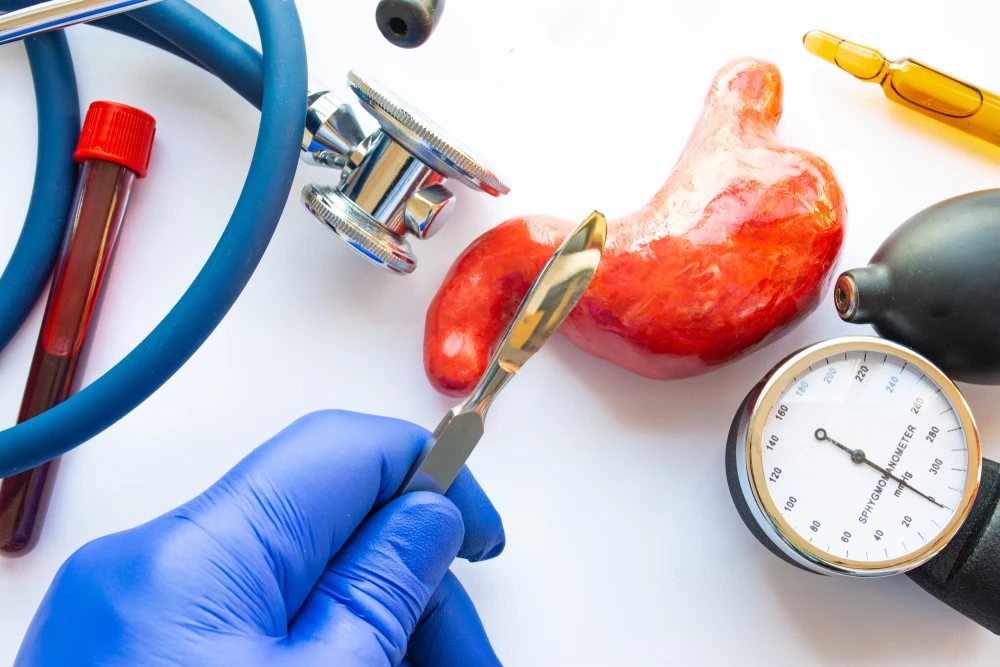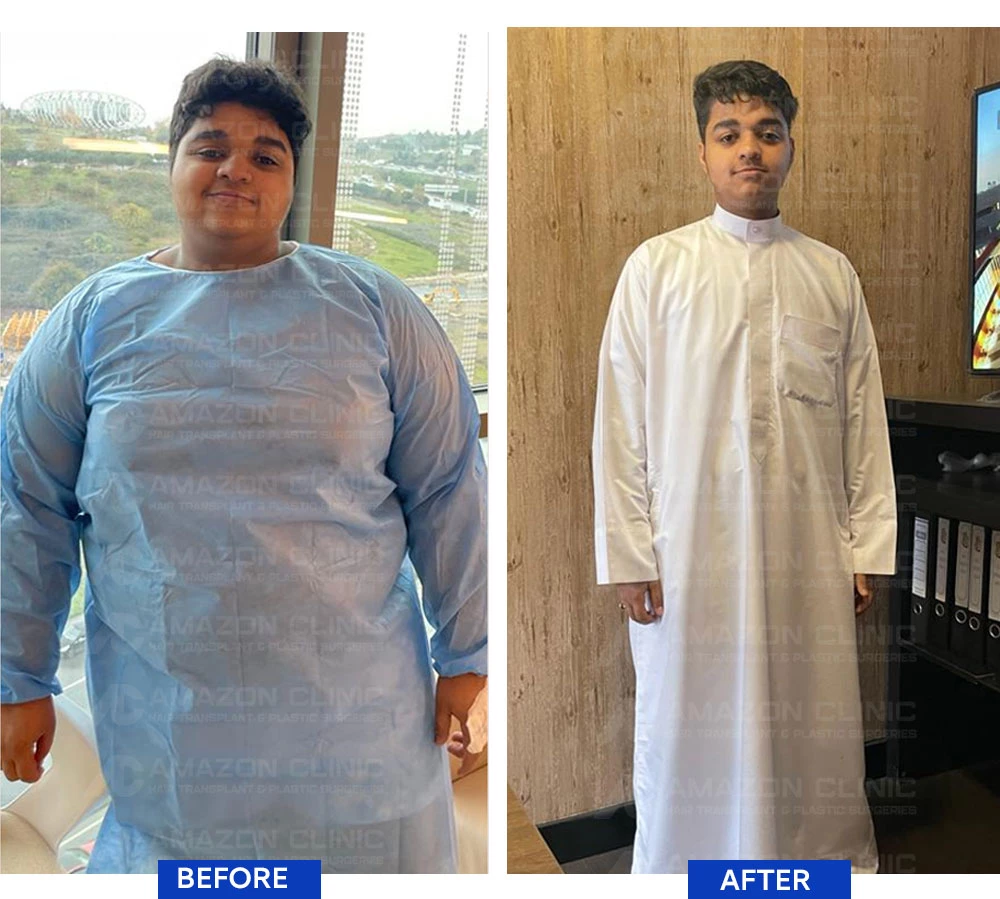Gastric Sleeve surgery is a surgical procedure aimed at reducing the size of the stomach and decreasing appetite, resulting in weight loss. During this procedure, a portion of the stomach is removed and converted into a smaller tube, with the larger portion of the stomach closed off by a special stapler. The remaining small tube of the stomach is then converted into a thin tube with a length of 1-2 cm.
Gastric sleeve surgery is one of the available options for individuals who suffer from severe obesity and have not been able to lose weight through other methods.
Doctors indicate that it can help improve overall health and reduce the risks of obesity-related diseases, such as diabetes, high blood pressure, heart disease, and vascular diseases.
However, Gastric Sleeve surgery is not suitable for everyone and requires a comprehensive medical evaluation to determine whether the procedure is appropriate for the patient's condition and health conditions.



